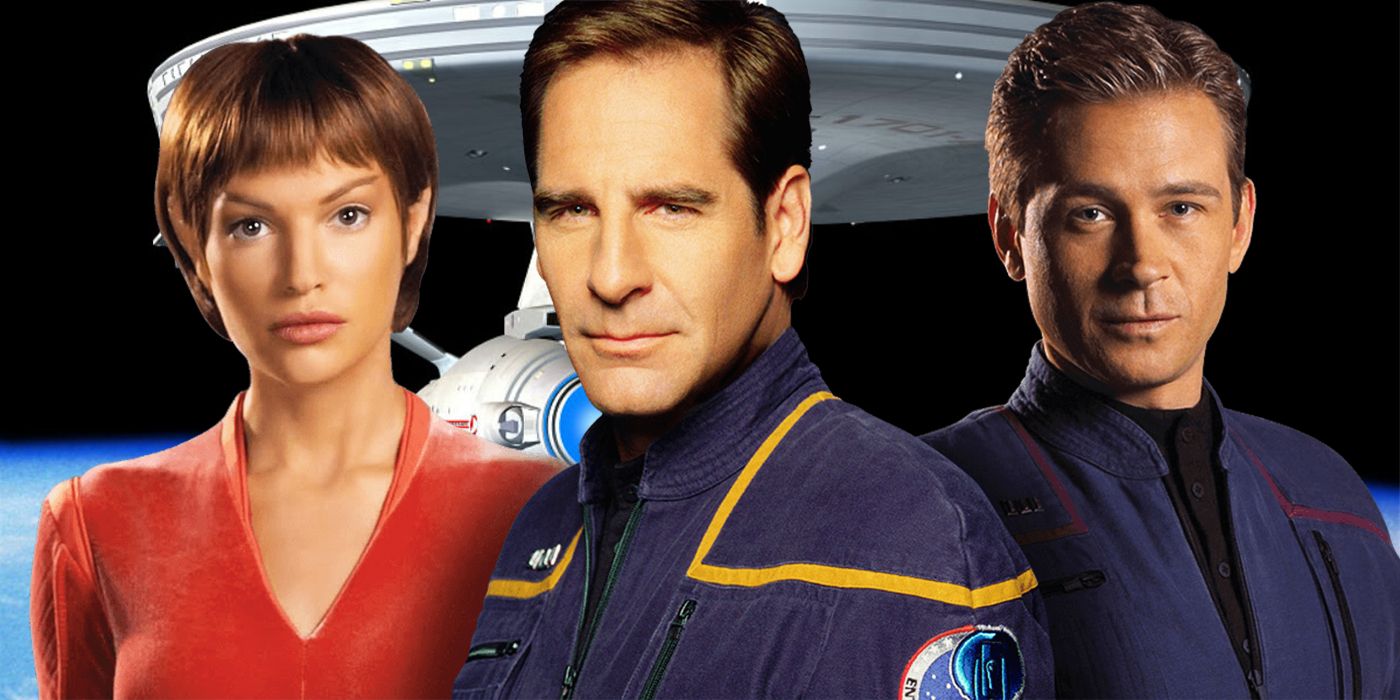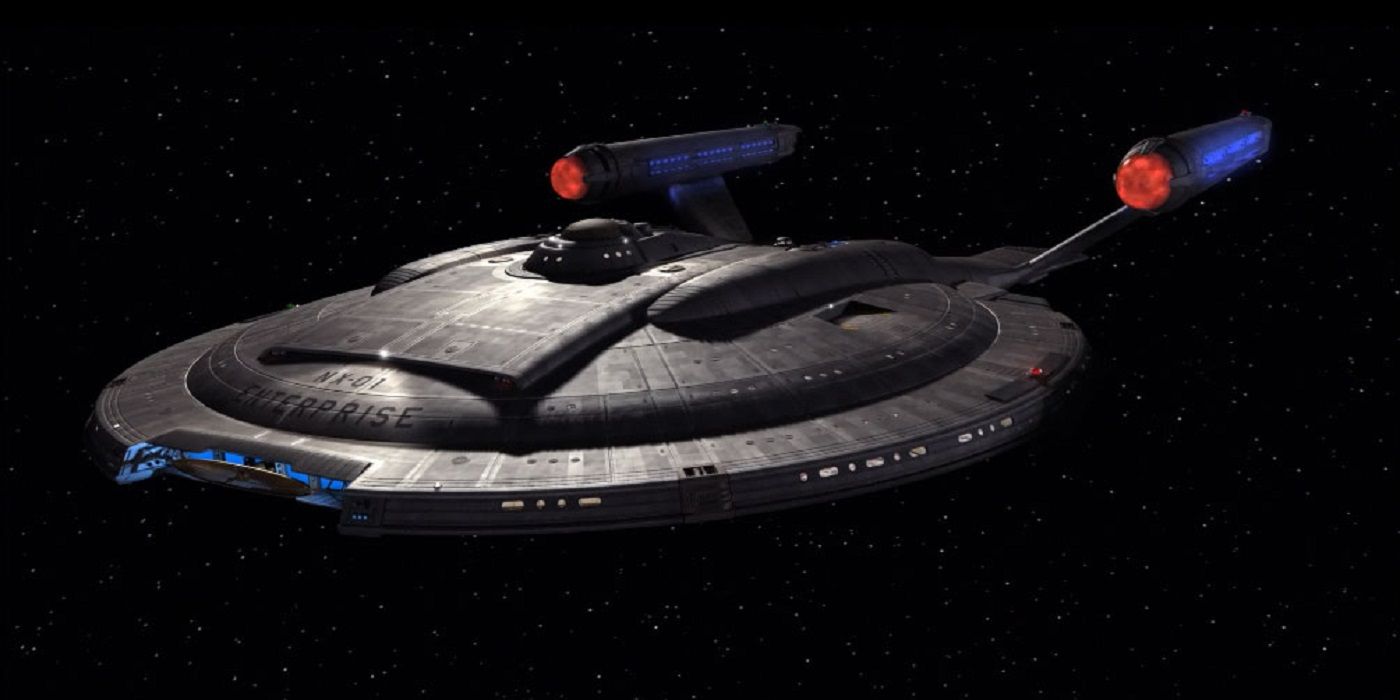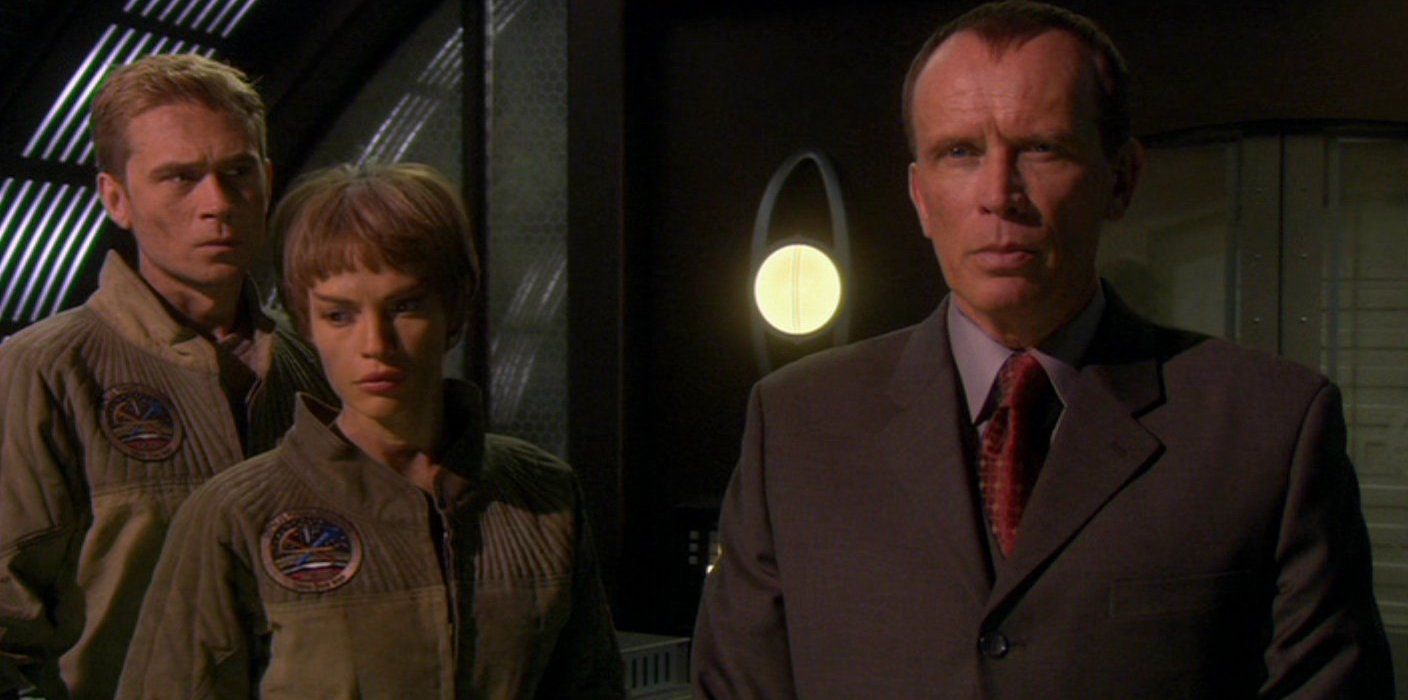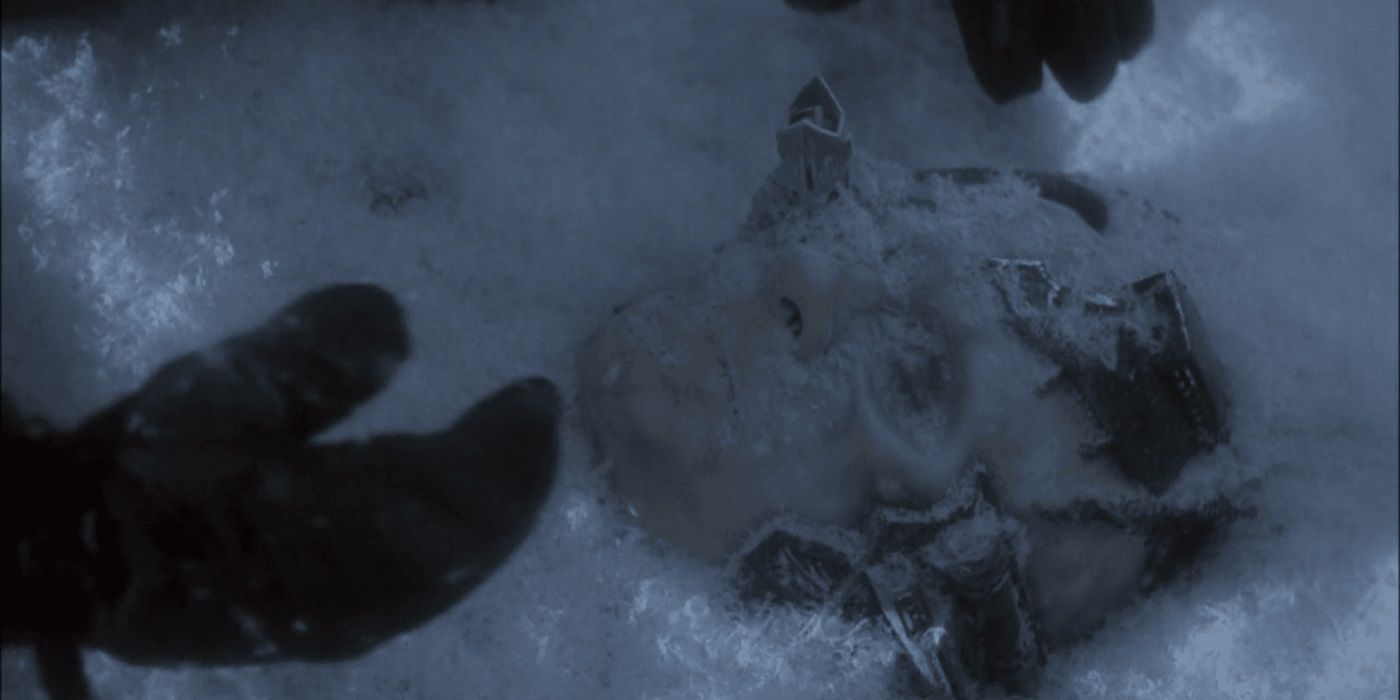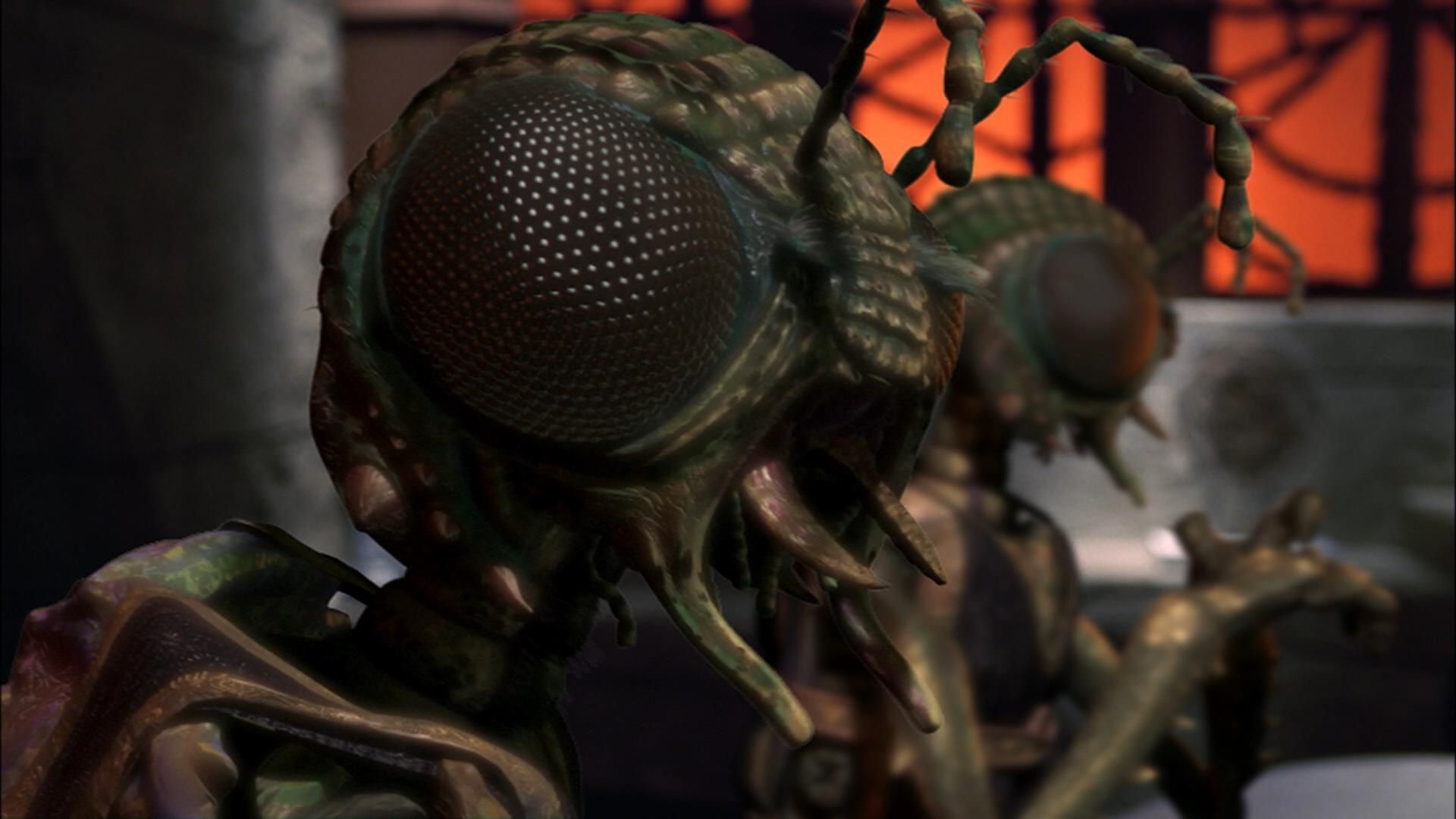Star Trek: Enterprise has become Star Trek’s great "what if…?" It arrived at the end of a combined 21 seasons of other Star Trek shows, and time has improved its qualities, so much so that it’s now spoken of with affection and appreciation among Star Trek fans. However, that does render its various seasons an interested grab-bag of quality.
Ranking other Star Trek shows, especially of that era, tends to follow a more or less predictable pattern: the first few seasons struggle to find their voice, the third season marks a step up in quality and the final season never quite measures up to the previous few. Enterprise followed a different path, and its highs and lows recurred over multiple seasons. From worst to best, here is every season of Star Trek: Enterprise ranked.
4) Star Trek: Enterprise Season 1
Enterprise began intriguingly, with the promise of a prequel for the foundation of the Federation and actor Scott Bakula of Quantum Leap fame. What followed was at best uneven, as the unfamiliar ground of a pre-Starfleet universe provided all manner of problems. Requisite gadgets like phasers and transporters appeared sparingly, if at all, and the producers struggled to find technology that both fit their projected era and accounted for real-world advances in the 30 plus years since the original series.
The storylines themselves were deeply hit-or-miss, notably the Temporal Cold War. Obvious continuity errors cropped up more than once, such as the appearance of the Ferengi centuries ahead of schedule, and the crew’s exploration efforts felt smaller than they should. Despite that, the first season still notched up its share of wins. A great cast full of strong characters often skirted the more troublesome parts of the plotlines, and the show struck gold in its depiction of the Vulcans as less benevolent than they eventually became. It was punctuated by the arrival of Shran and the Andorians, allowing a long-neglected Star Trek species to finally step into the light.
3) Star Trek: Enterprise Season 4
Season 4 should have been the show’s triumph. It worked through the difficulties that bedeviled previous seasons and looked towards making huge strides in its depiction of the early days of the Federation. The best episodes bear that out. Shran returned, as did actor Brent Spiner with a sparkling storyline about human Augment. The writers spun that into a grand piece of Star Trek retconning, with Episodes 15 and 16 explaining the difference in Klingon physiology during the original series.
Sadly, there were also strange storylines, like the two-part "Stormfront," which began the season, and the problematic "Bound," which tried unsuccessfully to address the notorious sexism surrounding Orion women. The series finale, "These Are the Voyages…" was a flat-out disaster, cramming too much information into a flimsy narrative forced upon the producers by the lack of an expected fifth season. The problems were not of Enterprise’s making, but they affected what should have been a much stronger run.
2) Star Trek: Enterprise Season 2
Season 2 couldn’t quite shake the problems that bedeviled Season 1, but it found consistently good material in its characters and allowed the cast to carry the dramatic load. It still felt detached from the rest of Star Trek, but strong episodes entailing the Klingons, Andorians and Tellarites pushed the timeline closer to what fans originally tuned in to see. It also managed to add future Trek antagonists, like the Romulans, with more elegance than the missteps of Season 1, and it found an intriguing way to introduce the Borg when survivors from First Contact were discovered.
The season’s biggest problems were endemic of franchise fatigue, as too many ideas replayed versions from earlier Trek series. Old chestnuts like transporter accidents, aliens invading the ship and a feisty princess kept in stasis as a "prize" all spoke to ground that had been covered far too often before. In other words, it felt like the second season of a number of Star Trek series.
1) Star Trek: Enterprise Season 3
The third season held true to form for previous Star Trek series as the moment when Enterprise found its voice and had a path to move forward. The characters were well-established and had viable arcs. The Xindi were introduced as major antagonists, and while they lacked the charge of other villainous species, they were distinctive and well in keeping with the tone the show wanted. The writers found new ideas that played well in a pre-Federation universe, and for the first time, the show didn’t feel like it was waiting for its story to begin.
Most importantly, it wasn’t afraid to portray the crew making mistakes, which made for some of the most riveting moments not only in Enterprise, but Star Trek as a whole. Episode 8, "Twilight," wasn’t afraid to show the consequences of the characters’ errors, and the more traditional space mysteries, such as Episode 9, "North Star," were given series-specific creative spins that improved their status considerably. The show felt well-rounded and reliable, and even if it still held its share of slips, the successful episodes seemed to get better every week.

